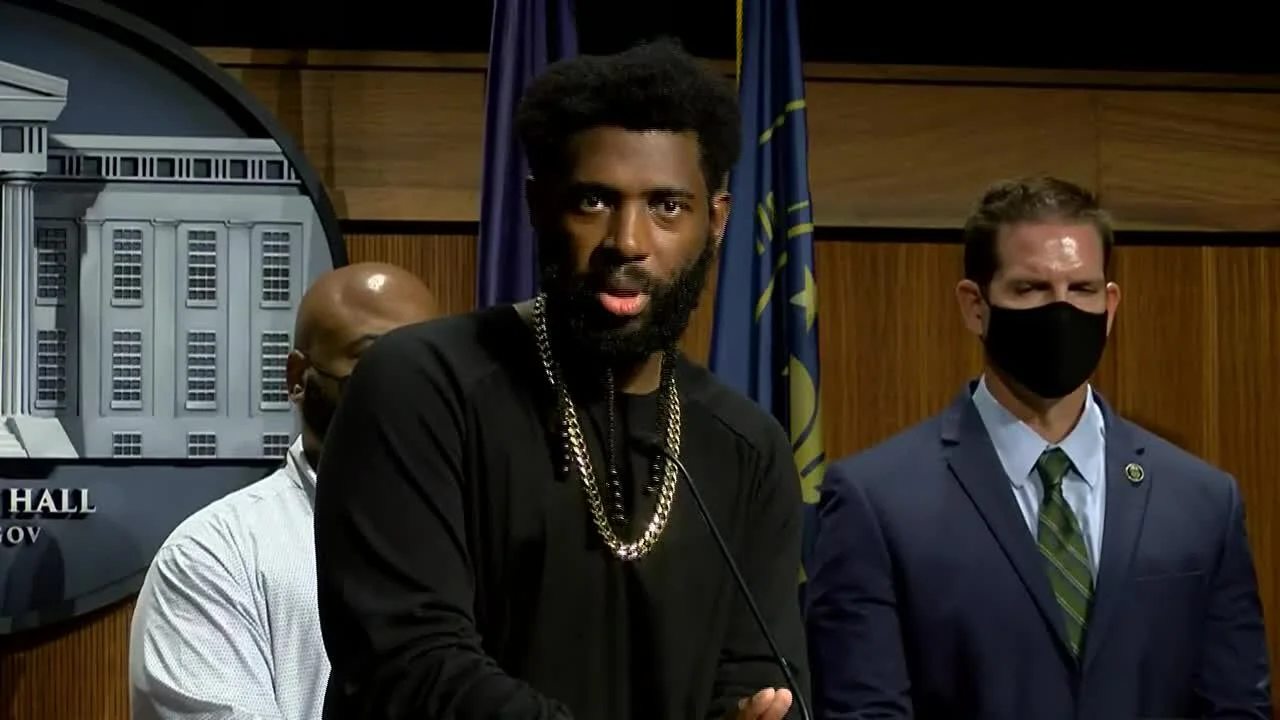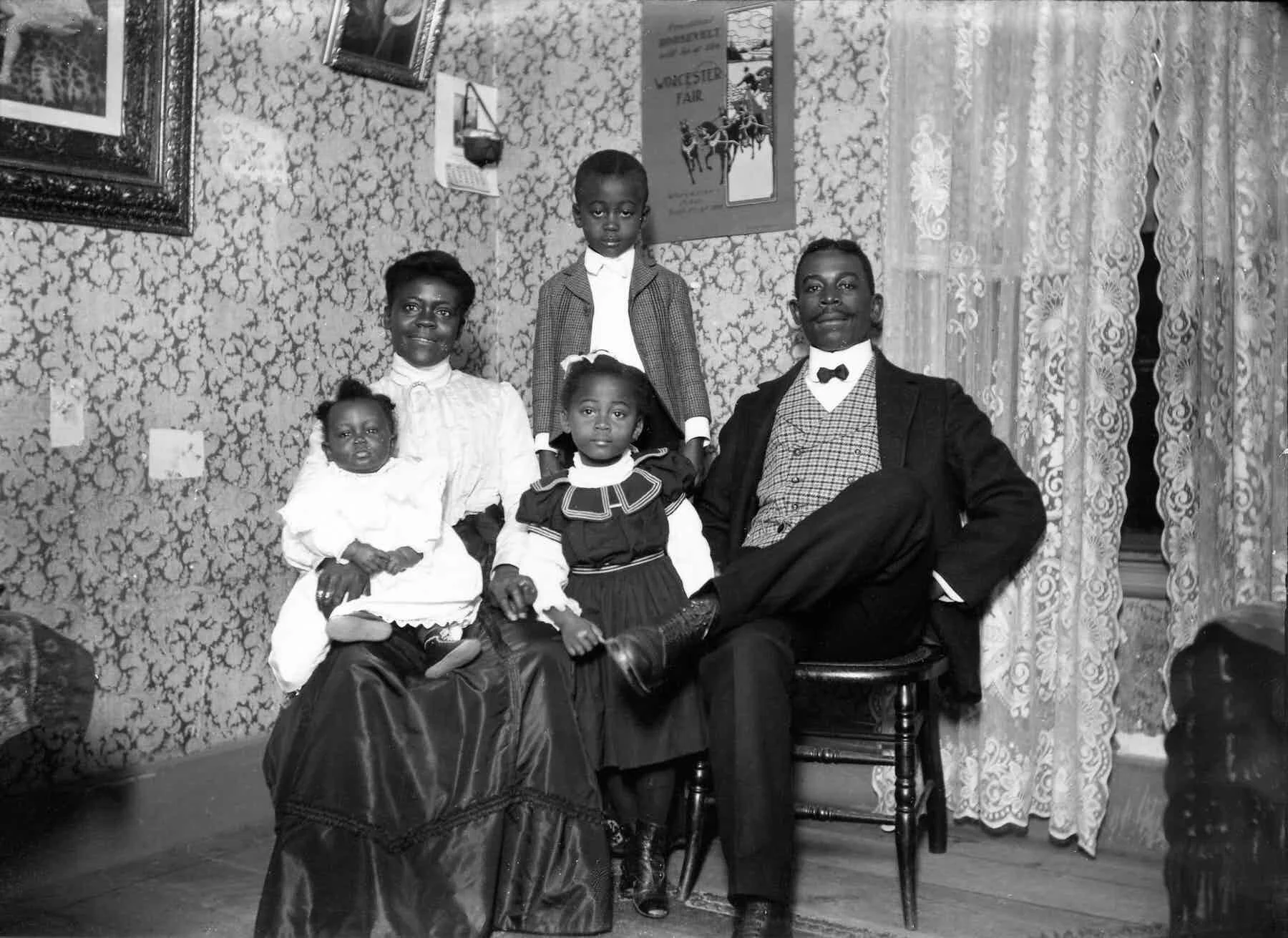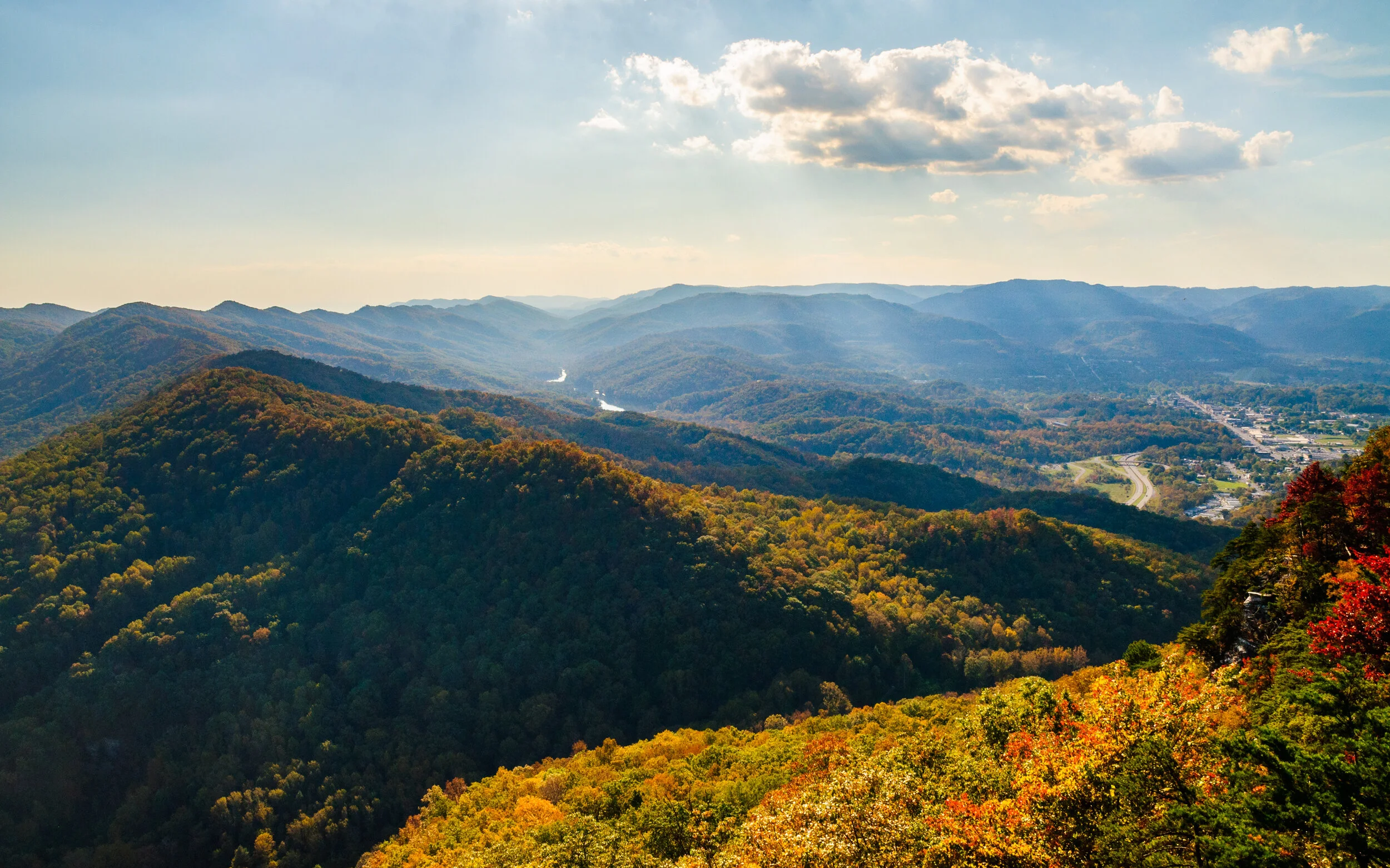Gen Z-ers, voters more likely than any other generation to support Democratic candidates, according to Pew, are also now the voters most likely to say they no longer support the job performance of President Joe Biden and other established Democrat leaders.
Read MoreThese are all places I’ve been before and have seen unhoused folks over the years, but it’s different this time. There are more encampments, for sure. And they’re in new parts of cities. No longer tucked away in alleys and empty lots as places for homeless folks to catch some unmolested sleep, they’re becoming places where people live — they’re communities.
Read MoreStudents in Louisville, Ky., have been back in classrooms for a month this school year, and already parents are pressuring the governor to address the district's rising COVID-19 case numbers. As of Tuesday, Jefferson County Public Schools has reported 379 positive cases among staff and 2,866 positive cases among students, with 13,346 students being quarantined in a district of about 96,000 students.
Read More"That is no reason why cities all across America should not be pushing their U.S. Senators to say it is beyond time..."
Read MoreJust a few weeks earlier, Owens had watched George Floyd being murdered in an intersection and had joined in the protests. The Berkeley city council had since promised police reform. But Owens, who, at 6 foot 6, is known by one city-council member as the “youngest, tallest, and only Black” regular attendee of transportation-commission meetings, had been stewing on a more specific idea. His Twitter thread laid out his argument for transforming law enforcement by transforming city streets: “I prefer license plate cameras … and mailed tickets over: ‘ok make sure nobody does anything that justifies this cop pumping 4 rounds of lead into me.’”
Read MoreWhen President Joe Biden signed the American Rescue Plan Act (ARP) into law last March, it was a momentous occasion for local governments around the country. In contrast to past federal fiscal relief efforts—including the CARES Act of 2020—ARP provided a large number of cities and counties with direct, flexible support from the federal government. And the sums on offer were substantial: $130 billion in Fiscal Recovery Funds (FRF) for cities, counties, and tribes, often amounting to significant shares of local governments’ annual budgets.
Read More"To me, the biggest thing about Rebecca Matheny was her deep and abiding love of Louisville and her desire to make it a better place for everybody and to be very thoughtful about how that might work," said Laura Orr, who grew up around the corner from Matheny in the Cherokee Triangle neighborhood and knew her "since we were in diapers."
Read MoreHomelessness is growing in communities across the United States as housing becomes increasingly unaffordable and public systems fail to support people who need assistance, forcing thousands to sleep outside or in shelters. Without access to housing and services, many people experiencing chronic, or long-term, homelessness are trapped in a homelessness-jail cycle—rotating in and out of jail, detoxification centers, and emergency health care. This cycle doesn’t help people access the assistance they need to find stability, and it comes at a major cost to taxpayers.
Read MoreLearn effective reparations & policy advocacy. We demand targeted policies and protections that facilitate economic inclusion and integrates the descendants of chattel slavery into the drivers of wealth. We are also fiercely committed to advocating for policies that eliminate the divides faced by Black Americans with immigrant backgrounds.
Read MoreLouisville is battling two pandemics, according to public health officials: COVID-19 and violence. They say the COVID-19 pandemic, which first gripped a hold of the metro back in March 2020, has had a direct impact on the rising violent crime numbers. "The most striking statistic is how gun violence is hitting our youth. In 2019, we lost 17 youth to homicide. And this year, as of Oct. 1, we've lost 31," Dr. Sarah Moyer with Metro Health said Tuesday.
Read MorePresident Biden’s ambitious higher education agenda has had its disappointments as Congress turns it into legislation, with a strict budget forcing lower-than-anticipated funding levels for some of its provisions. While the bill includes funding for historically Black colleges and universities, advocates say it is well below what’s needed. In the current version of the budget reconciliation bill serving as the vehicle for Biden’s Build Back Better Act, HBCUs and other minority-serving institutions are slated to receive $27 billion in tuition subsidies, $1.45 billion for institutional aid and $2 billion to improve research and development infrastructure. Meanwhile, Biden proposed a total of $55 billion for HBCUs and other MSIs to upgrade research infrastructure and create research incubators for improving STEM education.
Read MoreWalking a picket line, sitting at a lunch counter, asking for a book in a library: It could get them arrested, beaten or killed. They did it anyway. It was 1961, and across the South, college students, faith leaders, shop owners, high school students, civil rights leaders and many others risked their lives to battle white supremacy. They wanted voting rights and the integration of schools, businesses, public transit and libraries.
Read MoreLOUISVILLE, Ky. (WAVE) - Metro Councilman Jecorey Arthur was one of a handful of local leaders who spoke at an hourlong news conference Wednesday, addressing the latest instance of gun violence that claimed the life of a teen waiting for his school bus. A 16-year-old boy died at a local hospital after he was shot at his bus stop in the Russell neighborhood at about 6:30 a.m. His family members said his name was Tyree Smith.
Read MoreIn majority-Black communities, the prevalence of convenience stores means limited access to fresh, healthy food options. One out of every five Black households is situated in a food desert, with few grocery stores, restaurants, and farmers markets.
When those malicious images first started to proliferate, Black Americans found an especially effective way to resist. They seized upon the camera to represent themselves, using photographs to depict who they really were. Seemingly a “magical instrument” for “the displaced and marginalized,” as critic bell hooks writes, the camera provided “immediate intervention” to counter the injurious images used to deny them their rightful place in American society.
Read MoreIn the late ‘90s, Philadelphia launched a program to breathe new life into the city’s aging neighborhoods and offer support to low-income homeowners who lacked the resources to renovate. The initiative provided residents of primarily Black and Latino neighborhoods with up to $20,000 for home repairs, prioritizing structural fixes like plumbing and roofing.
Read MoreVirtual ticket holders will be able to access a livestream of Day 1 of our event, October 8th, which promises to deliver a powerful lineup of guest speakers. Head over to adosconference.com today and grab your virtual ticket to join us as we take the next step for reparations for ADOS and a transformative Black Agenda.
Read MoreThe original slave quarters are still standing, but two sharecropper cabins that were brought onto the property were flattened by the ferocious winds. The double rows of massive oak trees fronting the house lost limbs, but survived. The pigeon roosting houses seem to be OK. The stately, white-washed Antioch Baptist Church — which was built by emancipated slaves and moved here from across the river in 1999 — was also heavily damaged. And the storm thrashed the Whitney Store, which operated as late as the 1960s when the plantation was still growing rice and sugar cane commercially.
Read MoreAmerica Counts today launches a state-by-state look at the demographic changes the new 2020 Census results reveal. Our state profiles bring you all key population characteristics of your state and your county on one page.
Read More



















